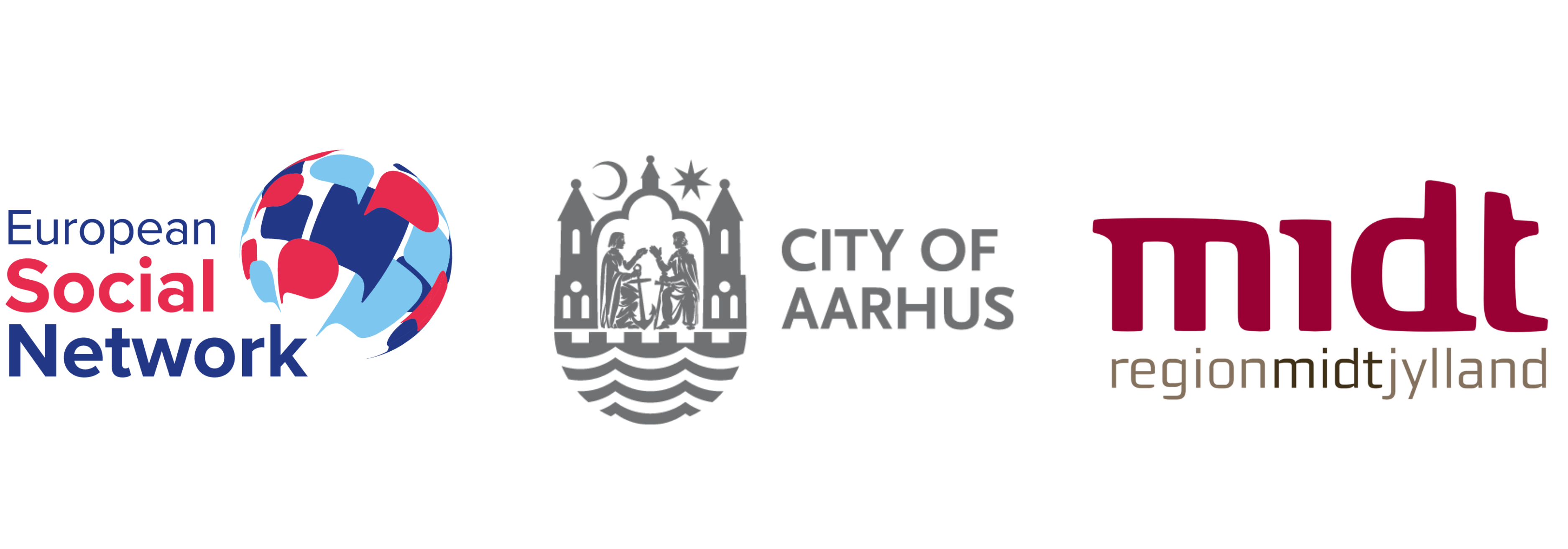THEMATIC PANEL DISCUSSIONS
SESSION DESCRIPTION
- 16/06/2023 10:15 - 11:30
Four expert thematic panel discussions running in parallel
1. Effective Long-Term Care underpinned by Data & IT
Against a backdrop of an aging population and budgetary pressure, the long-term care (LTC) sector needs to find innovative ways to better manage resources so that a growing number of people continue to have access to appropriate support and care.
In this interactive panel discussion, EY, together with experts from the National Solidarity Fund for Autonomy (Caisse nationale de solidarité pour l’autonomie, CNSA), the European Commission and others in the long-term care sector, will present the project findings and learnings from a recent international benchmark study on long-term care (LTC) best practice in Europe.
Drawing on the study findings and their international expertise and experience, panellists will discuss and debate their perspectives in the following areas:
• How current LTC systems and policies are evaluated and monitored.
• The ways data can be collected and analysed to support the ongoing evaluation process.
• The crucial role of data and IT in advancing the effectiveness of LTC.
Languages: EN
2. Social Services & Care Transformation
Public social services across Europe have demonstrated their ability to adapt quickly to put in place innovations and transform their organisations and programmes to respond to growing and evolving social demand. Technology and digital transformation have opened up new possibilities that increase the effectiveness and efficiency of social services programmes, ultimately leading to the improved autonomy and social inclusion of the people social services work with.
In this session, we will learn about three experiences of systems transformation across Europe. First, the digital transformation of the social services data platform in Catalonia, Spain. Next, a digital eco-system for private and public actors to coordinate social services in the region of Lazio, Italy. Finally, a decentralised digital case management system for citizens interacting with social services in the Faroe Islands.
Moderator: Greg McKay, Global Director of Public Health and Social Services, Microsoft,
Organisations:
• Regional Government of Catalonia, Spain
• Regional Government of Lazio, Italy
• Social Services National Agency – Faroe Islands
Languages: EN, ES, IT
3. Making the Digital Transition Inclusive
Access to digital solutions can be more challenging for some populations like those on lower incomes, lack of confidence or skills to use digital channels. Others may always prefer face-to-face services. Lack of trust in the security or reliability of digital technologies can also be a barrier. Therefore, digitalisation should be understood as a potential to enable greater equality in accessing social services. From the many good practices we have gathered for this conference, we have seen that there is huge potential for digital inclusion to improve the wellbeing of people supported by social services.
In this session, we will learn about four innovative programmes that focus on technology for those who may have additional needs for care and support. Q-PrintService in Germany will explain the audience how they work with disadvantaged people to foster their digital skills and digital participation through smartphones. The city of Amadora in Portugal will outline its strategy on digital technology and active ageing support with older people. Iceland’s CONET project focuses on ensuring that services for residents, particularly migrants and the most vulnerable, are inclusive in the way they are used. Finally, in France ‘Caravane Solidaire’ offers a variety of roaming services across the county of Hauts-de-Seine to provide digital service access for populations who have difficulties using technology.
Organisations:
• Departement des Hauts-de-Seine, France
• Q-PrintService, Germany
• Amadora City Council, Portugal
• Reykjanesbaer, Iceland
Languages: EN, FR, DE
4. Technology for Independent Living
The older adult population is rapidly increasing worldwide. New ways of providing care are needed. Telemonitoring, care and assistive technology could increase the amount of people who can continue to live at home while meeting their needs for long-term support. The Covid-19 pandemic portrayed how assistive technologies and digitally enabled care are crucial elements for more resilient care systems, supporting people in their own homes. In this session, we will listen to three innovative examples of technology enabled independent living, highlighting a national programme to support well-being, ageing and care at home with new technologies in Finland; sensors to monitor people’s wellbeing in their own homes in Spain; and a Swedish assessment on professionals’ experience in the implementation of telecare.
Organisations:
• Barcelona Provincial Council, Spain
• Sörmland Research & Development, Sweden
• National Institute for Health and Welfare (THL), Finland
Languages: EN, ES
